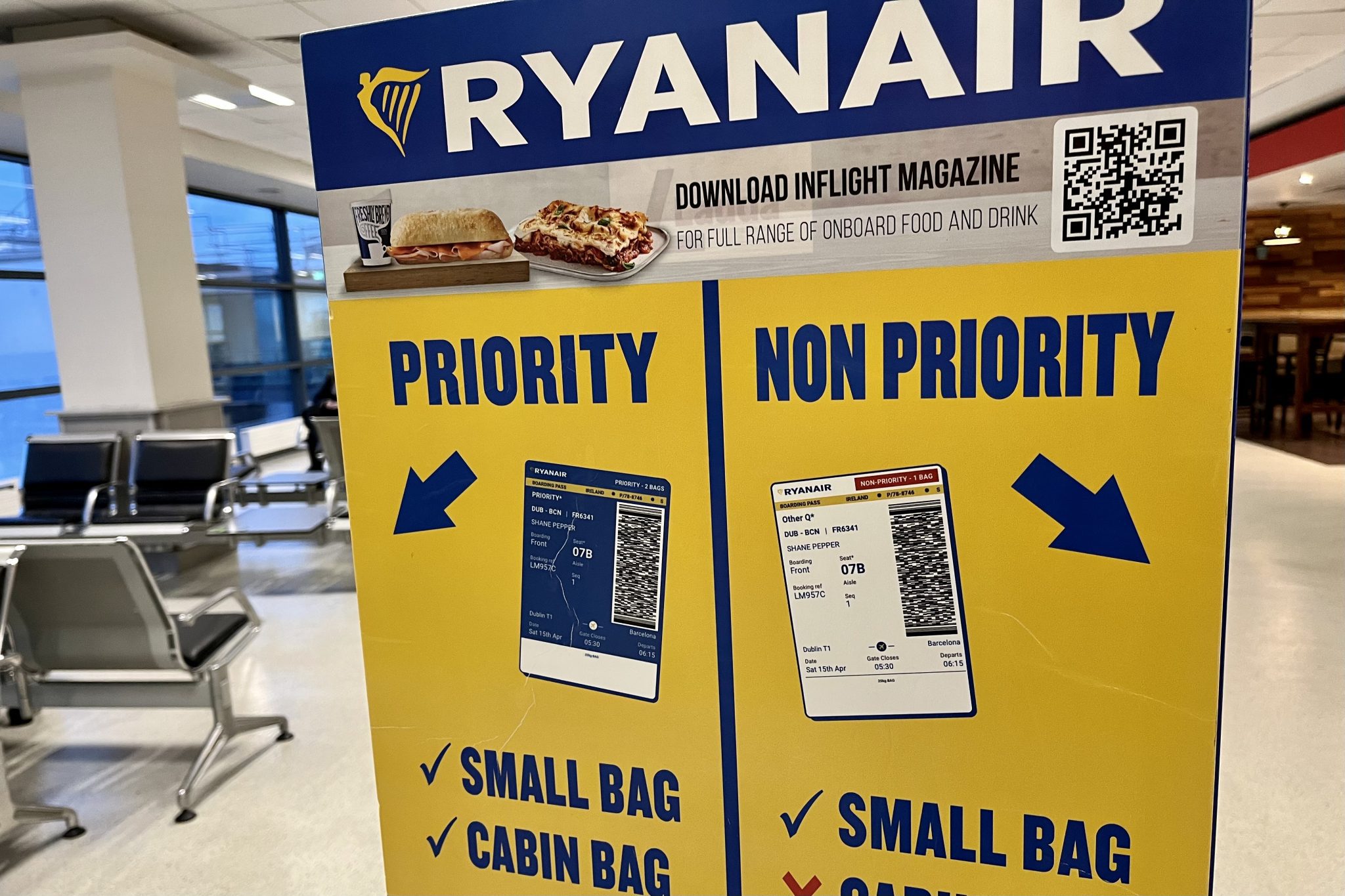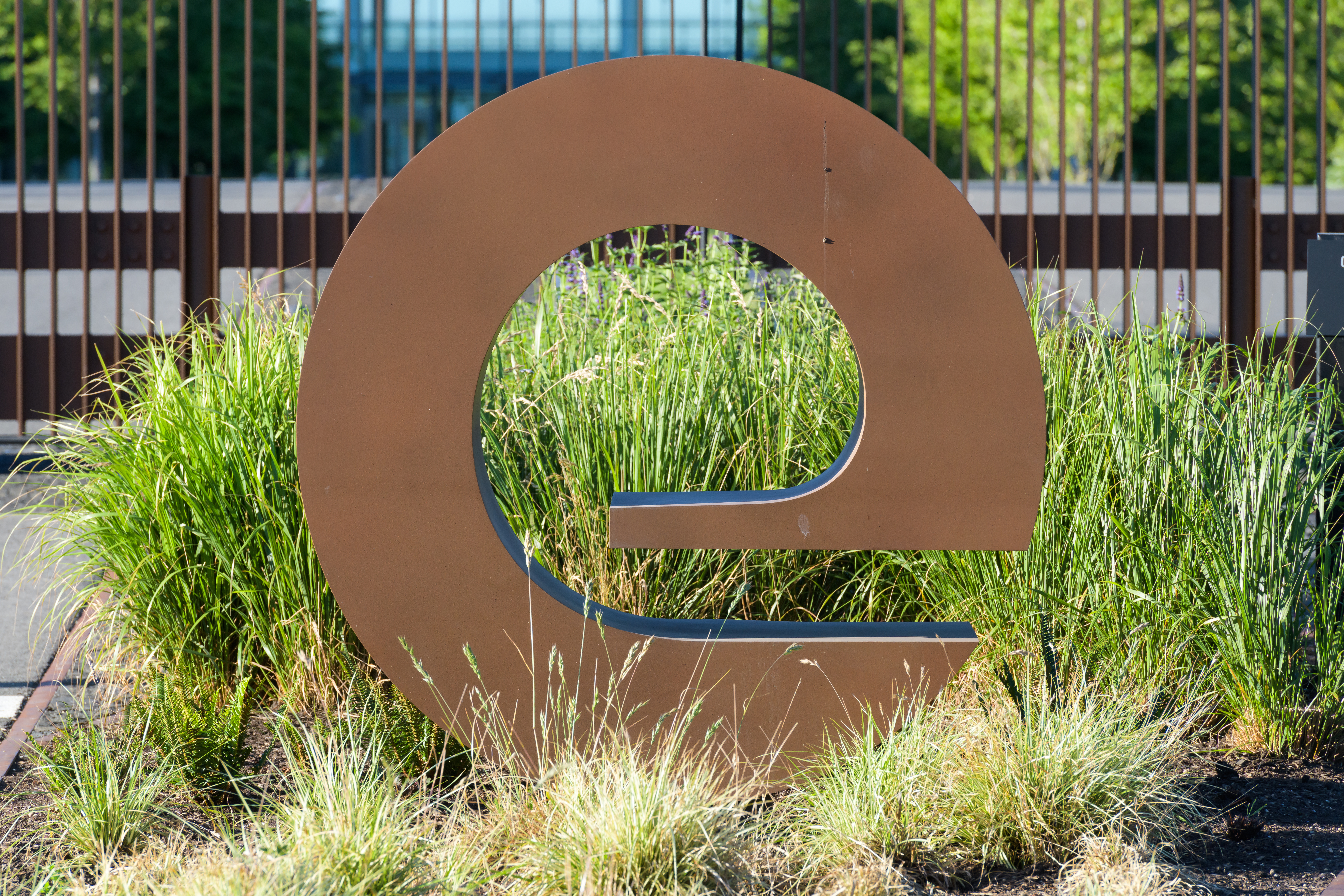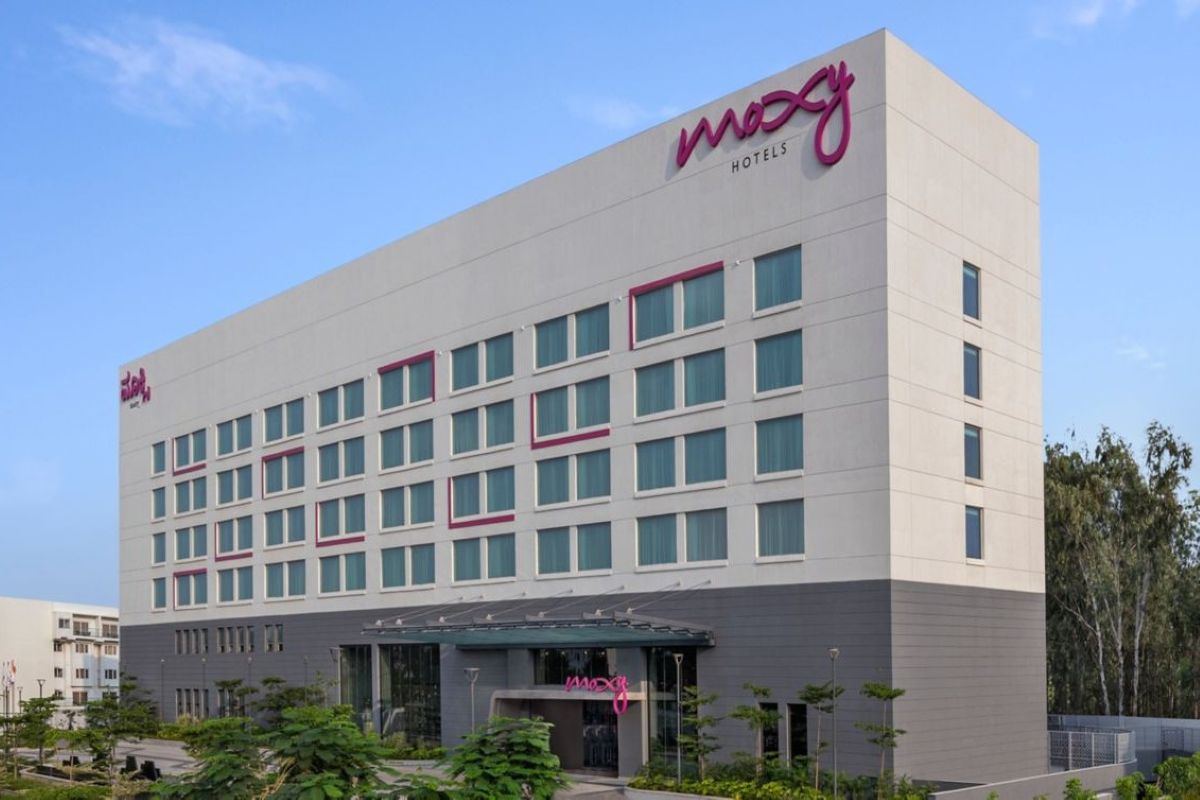Greek prime minister tells Greeks to put on a happy face for summer tourists

Skift Take
The Greek prime minister, Antonis Samaras, issued an unusual appeal on Tuesday, asking his compatriots to put on their best face as the debt-choked country prepares to accept 17 million tourists – an all-time record.
Although mired in its worst economic crisis in modern times, Greece is braced for a surge in arrivals with visitors from Russia, Germany and Britain leading the revival of an industry that only last year appeared on its knees.
"We will have at least 17 million tourists this year. This development is a vote of confidence in our country. It [means] liquidity, money for the market and new, healthy places of work," said Samaras, who has headed a conservative-dominated, three-party coalition since June.
"I appeal to every citizen for the good of the country to help so as to put on our best face to foreigners," he said exhorting Greeks to pay attention to the quality of services, products and prices that they offered.
Industry figures, based on hotel bookings and airline capacity, project more than 1 million additional tourists this summer. Arrivals from Russia, alone, are expected to increase by a third to over 1.2 million. Airlines have lined up more than a million extra seats and scores of new routes to the country.
With tourism accounting for almost 20% of GDP and jobs, the rise has been met by jubilation in a country whose image has been blighted by street riots, prolonged strikes, social upheaval and political unrest since the outbreak of the crisis in late 2009. Hit by a sixth straight year of recession, a record 27% of Greeks – more than anywhere else in the EU – are out of work.
"I think the increase is indicative of the leading role tourism will have in the recovery of our economy," said John Retsos, president of the Hellenic hotel federation, which represents 7,000 hoteliers in Greece.
The rebound has been attributed to an array of factors, ranging from political stability to turmoil in the Middle East.
"The climate, this year, is much better," added Retsos. "Greece's efforts [at fiscal consolidation] have been acknowledged by our EU partners and without compromising quality hoteliers have lowered prices significantly and that means great value for money."
Ironically, the German chancellor Angela Merkel, a hate figure for many Greeks because of her insistence on Athens adopting punitive austerity measures, has provided a helping hand by publicly calling on her countrymen to visit Greece. Summer bookings from Germany have shot up by 15%.
Increasing revenues to pre-crisis levels will remain key to recovery, say experts. "Our target is to reach €11bn (£9.3bn) in direct revenues," said Andreas Andreadis, who heads SETE, the country's main tourism body.
"An average €650 per arrival is spent in Greece," he said. "It is crucial, now, that revenues are increased." ![]()




